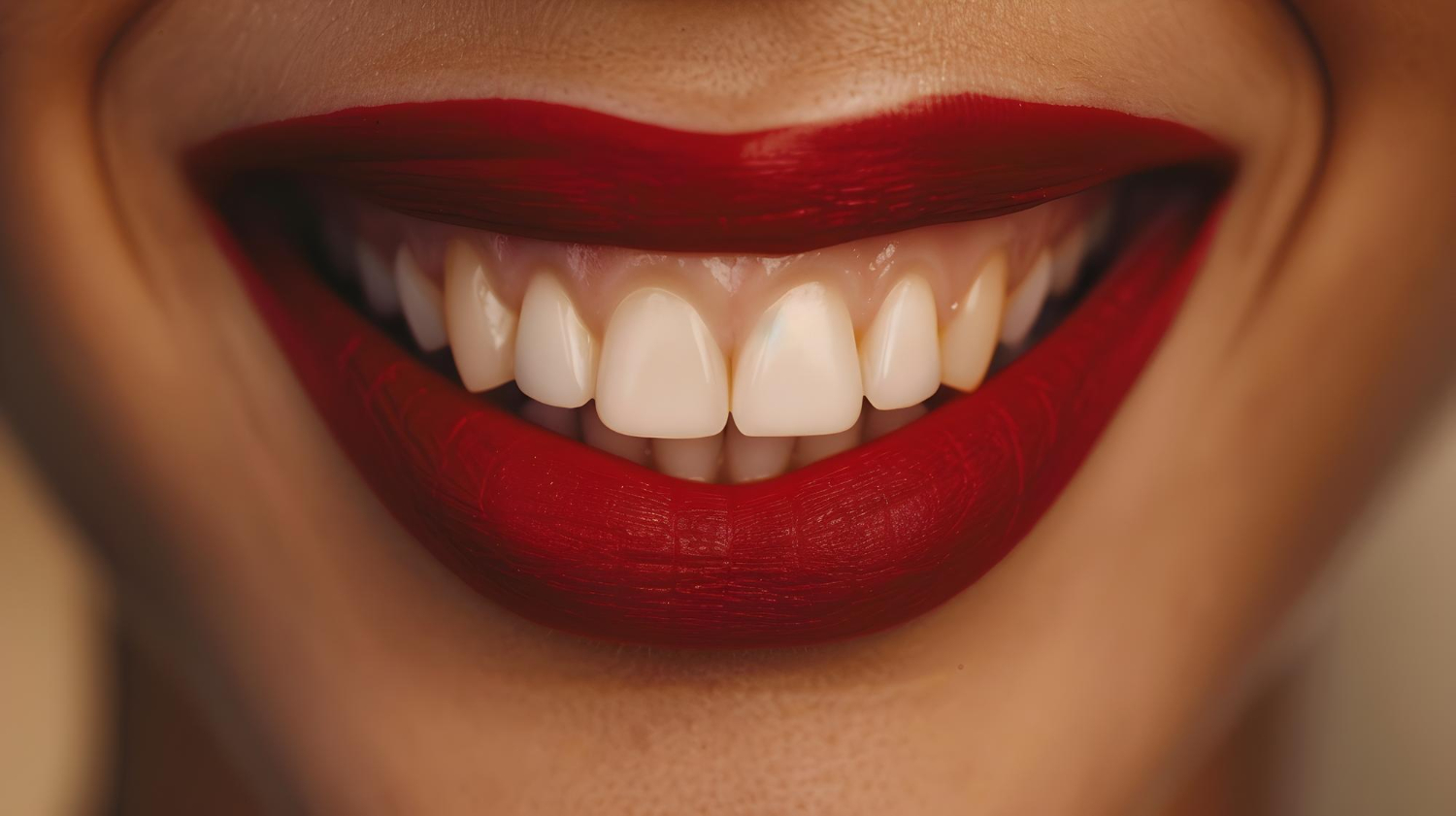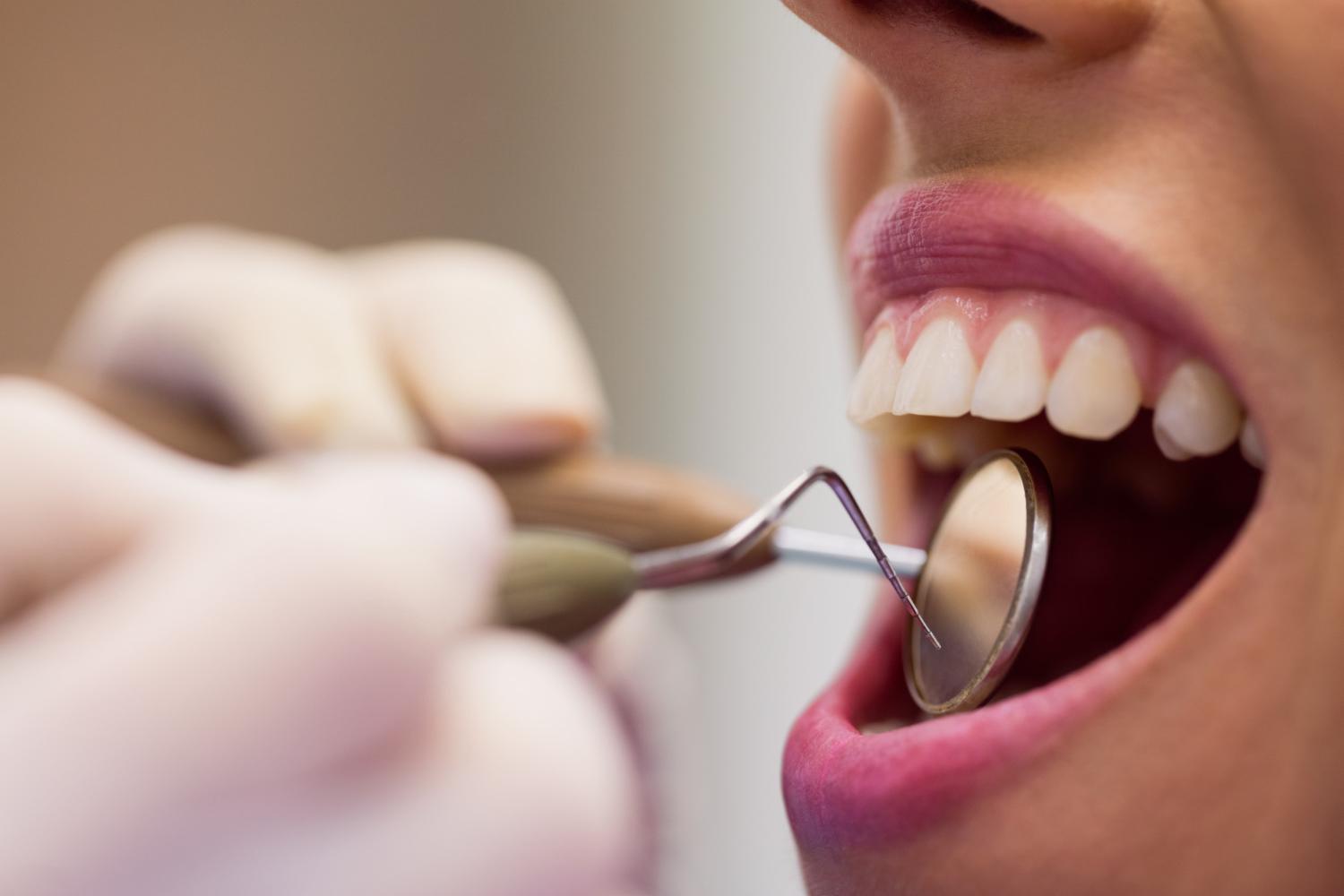Gum recession is a common dental issue that occurs when the gums pull away from the teeth, exposing the tooth roots underneath. It may start as a mild condition but can progress over time, leading to various complications that affect not only your appearance but also your overall oral health. Understanding how gum recession impacts your mouth is crucial in maintaining healthy teeth and gums. Let’s take a closer look at how this condition affects your dental well-being and the steps you can take to prevent it from worsening.
Exposes Tooth Roots, Increasing Sensitivity to Hot, Cold, and Sweet Stimuli
One of the first noticeable effects of gum recession is increased tooth sensitivity. As the gums recede, the roots of the teeth become exposed. Unlike the crown of the tooth, which is covered by protective enamel, the root is much more sensitive to temperature changes. You may start noticing discomfort when consuming hot, cold, or sweet foods and beverages. This sensitivity can be sharp and painful, making daily activities like eating and drinking more challenging.
This discomfort arises because the exposed root lacks the enamel protection, leaving the nerve endings more vulnerable to stimuli. If left untreated, the sensitivity may worsen over time, making it increasingly difficult to enjoy certain foods and drinks. Addressing gum recession early on can help reduce this discomfort and protect the tooth’s roots from further exposure.

Exposed Roots Due to Gum Recession Are More Susceptible to Decay and Cavities
The exposed roots caused by gum recession not only increase sensitivity but also make the teeth more prone to decay and cavities. The root surface is made of a softer tissue called cementum, which is more susceptible to bacterial attacks than the hard enamel. Once the gums recede and the root is exposed, harmful bacteria can easily accumulate around the area, increasing the risk of tooth decay. Over time, this can lead to cavities forming at the base of the tooth, further damaging the structure of the tooth.
Since the roots are more vulnerable to decay than the enamel, it’s important to address gum recession promptly. Regular brushing and flossing, along with professional dental cleanings, can help minimize bacterial buildup and prevent cavities from forming on the exposed roots. In more advanced cases, a visit to a Coquitlam dentist may be necessary to discuss treatments that can restore gum health.
Formation of Deep Pockets Between Teeth and Gums, Harboring Harmful Bacteria
As gum recession progresses, it can lead to the formation of deep pockets between the gums and teeth. These pockets, also known as periodontal pockets, can harbor harmful bacteria and plaque that are difficult to remove through regular brushing alone. These pockets create an environment where bacteria can thrive, potentially leading to gum disease, infections, and further gum recession.
If not addressed, these pockets can deepen over time, worsening the infection and leading to more serious complications. A dentist can assess the depth of these pockets and recommend treatment options such as deep cleaning or scaling and root planing to remove plaque buildup and prevent the pockets from worsening. Keeping these areas clean is vital in preserving the health of both your gums and teeth.

May Result in Tooth Mobility or Even Tooth Loss
Advanced stages of gum recession can significantly affect the stability of your teeth. As the gum tissue recedes further, the tooth becomes less anchored in its socket. In severe cases, this can lead to tooth mobility, where the teeth start to loosen. If the gums continue to deteriorate, tooth loss may eventually occur, requiring more invasive treatments such as implants or bridges.
The loss of a tooth not only affects your smile but also your overall oral function. Loose teeth can make eating and speaking difficult, and the gap left by a lost tooth can affect the alignment of the remaining teeth. To avoid this outcome, it’s crucial to seek dental help as soon as you notice signs of gum recession. Early intervention can prevent further damage and help preserve your natural teeth.
It Can Affect the Aesthetics of Your Smile
Beyond the health implications, gum recession can also have a noticeable impact on the aesthetics of your smile. As the gums pull back, it can cause the teeth to appear longer, giving them a disproportionate or uneven look. This change in appearance may cause some people to feel self-conscious about their smile, leading to a decrease in confidence.
Cosmetic dental procedures such as gum grafting or other gum restoration treatments can help restore a more balanced, youthful appearance to the smile. By addressing gum recession early, you can preserve the natural look of your teeth and gums, ensuring a smile that you feel good about. A dentist can provide advice on how to improve both the health and aesthetics of your smile if gum recession is affecting your appearance.

The Progression of Gum Recession Can Lead to Bone Loss
One of the more serious consequences of untreated gum recession is bone loss. The gums and bone structure are closely connected, and as the gums recede, the underlying bone may begin to deteriorate. This bone loss weakens the support for your teeth, increasing the likelihood of tooth mobility or loss. Bone loss can also lead to a change in facial structure, making the face appear sunken or older.
Early intervention is key to preventing bone loss due to gum recession. Treatments like gum grafting can help restore gum tissue and prevent further bone deterioration. By working with a dental professional, you can address the root causes of gum recession and protect the integrity of your bone structure.
Untreated Gum Recession Can Contribute to Bad Breath
Another unpleasant consequence of untreated gum recession is bad breath, also known as halitosis. As gum recession allows harmful bacteria and plaque to build up in the pockets between the gums and teeth, these bacteria can produce foul-smelling odors. The bacteria thrive in these areas and can contribute to chronic bad breath, which can be difficult to manage through regular brushing alone.
Regular visits to a Coquitlam dentist can help combat bad breath caused by gum recession. Professional cleanings and treatments to reduce plaque buildup can help eliminate the bacteria that cause odors. By taking proactive steps to manage gum recession, you can improve both your oral health and your breath.
Take Action Today and Protect Your Smile with Smiling Creek Dental
If you’re experiencing signs of gum recession, don’t wait to seek treatment. The earlier you address the issue, the more effectively you can prevent further damage to your teeth and gums. At Smiling Creek Dental, we offer comprehensive dental services to help restore your gum health and protect your smile. Whether it’s through professional cleanings, gum grafting, or other treatments, our team is here to support your oral health journey. Contact us today to schedule an appointment and take the first step towards a healthier, more confident smile.


